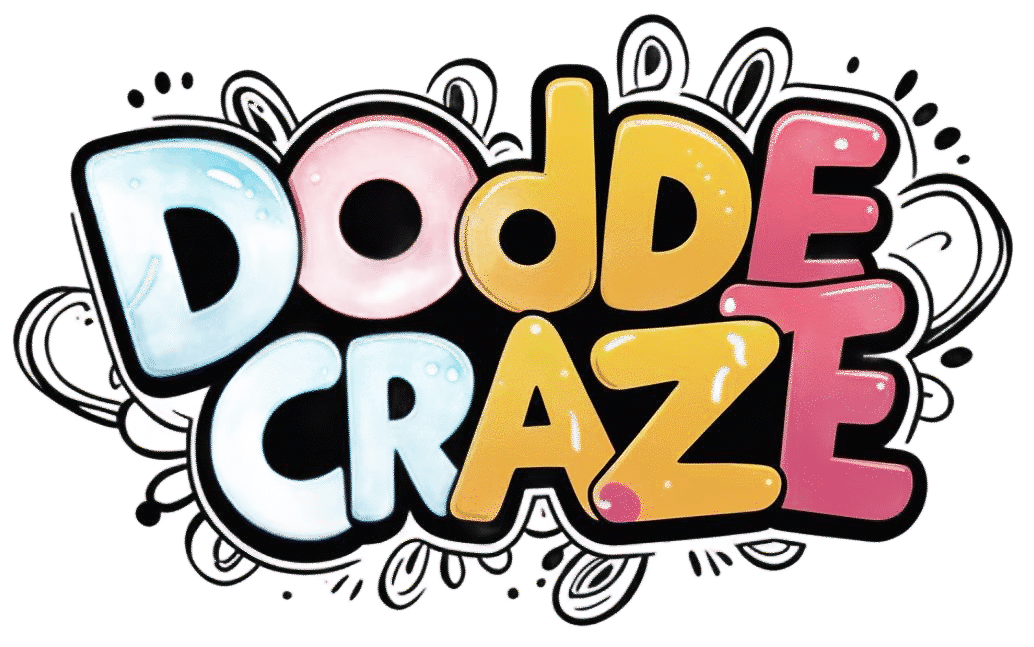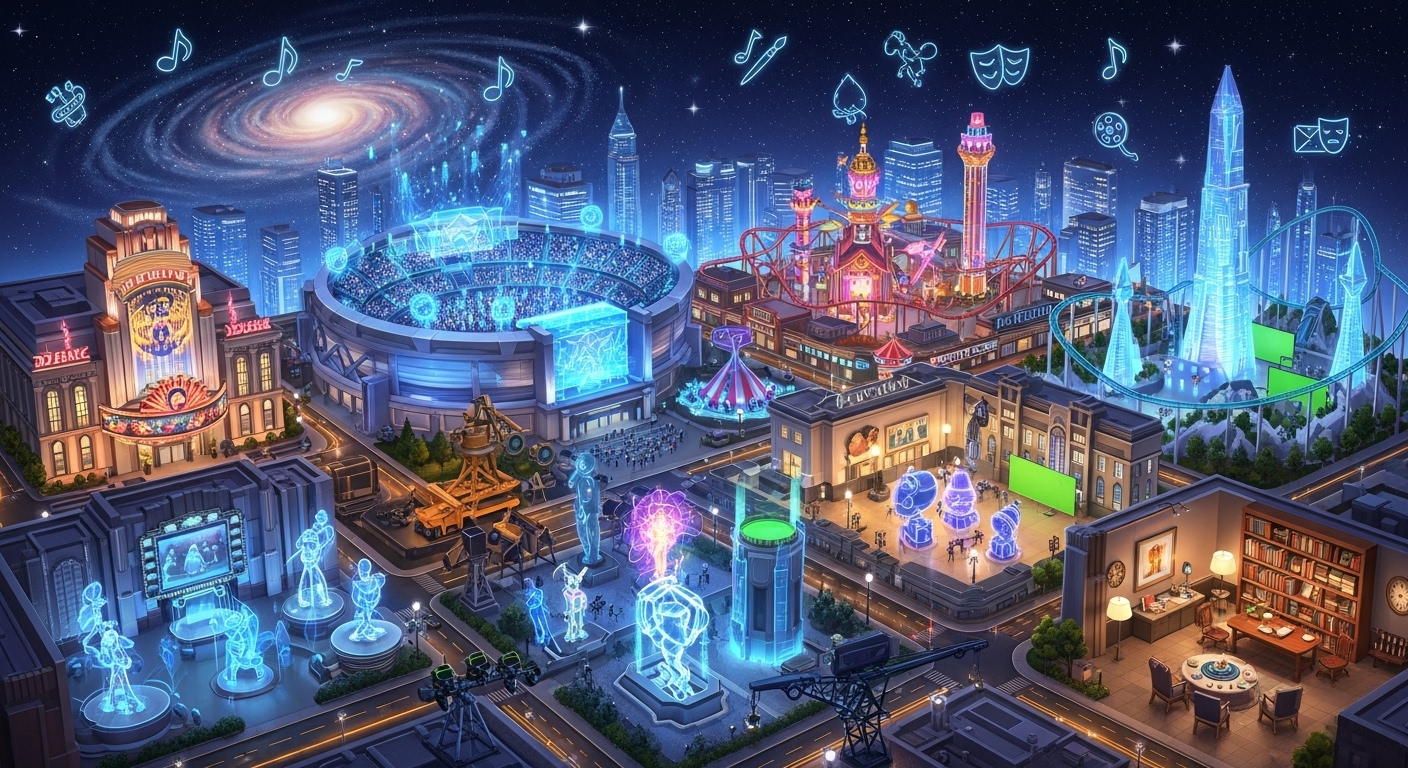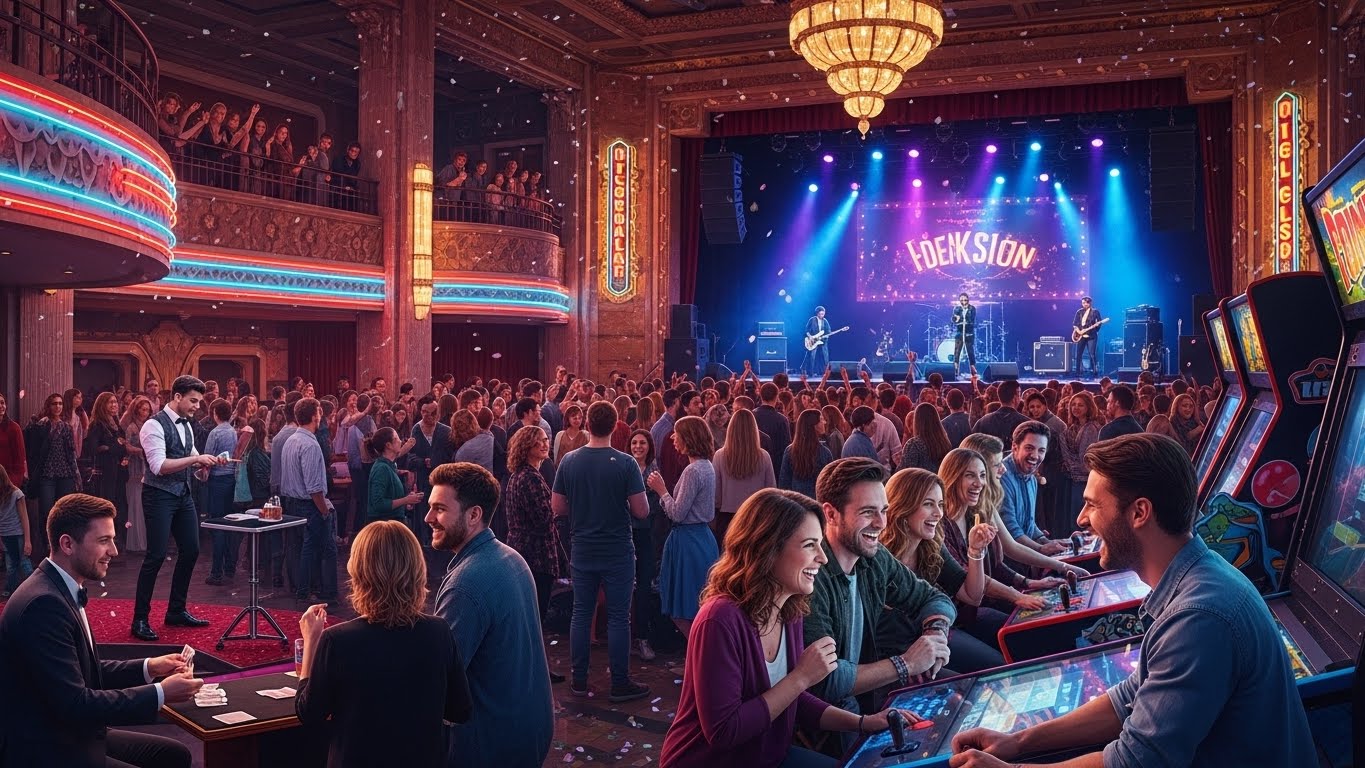Entertainment is more than just a pastime; it is the heartbeat of human connection and creativity. It is the art of storytelling, the thrill of competition, the rhythm of music, and the wonder of performance. From ancient theaters to modern digital platforms, entertainment has evolved into an immense and diverse universe that reflects our emotions, dreams, and aspirations. In this ever-changing landscape, one thing remains constant: our desire to be entertained, to escape reality for a moment, and to feel something extraordinary.
The Evolution of Entertainment
From the earliest days of human civilization, entertainment has taken countless forms. Ancient tribes gathered around campfires, telling stories of gods, heroes, and spirits. These stories were more than just amusement; they were lessons, moral tales, and ways of passing down traditions. As societies grew, entertainment took new forms—Greek tragedies, Roman gladiator games, medieval festivals, and royal court performances.
The invention of the printing press changed the world of storytelling forever. Books became accessible, allowing people to immerse themselves in worlds of fantasy and history. Later, the 20th century saw an explosion of entertainment forms—radio, cinema, television, and eventually the internet. Today, entertainment has become a global industry worth billions, shaping cultures and influencing generations.
The Power of Storytelling
At the heart of every form of entertainment lies storytelling. Whether it’s a novel, a film, a song, or a stage play, the story is what connects creator and audience. A good story makes us laugh, cry, dream, and think. It allows us to see the world through someone else’s eyes and experience emotions we might never encounter in our daily lives.
Movies like epic adventures or deeply emotional dramas continue to show how stories can touch millions. Books transport readers into different eras and worlds, while songs tell stories in rhythm and rhyme that stay in our hearts for years. The power of storytelling lies in its universality—it speaks a language that everyone understands.
The Magic of Cinema
Cinema is often called the most complete art form because it brings together visual art, sound, music, writing, and performance. Since the first motion picture flickered on a screen, films have captured human imagination like no other medium. The magic of cinema lies in its ability to create entire worlds within a frame.
Silent films once made audiences laugh and cry without a single spoken word. Then came the era of sound and color, bringing emotions to life in ways no one had imagined. From classic Hollywood to modern blockbusters, cinema continues to evolve. It reflects society, challenges norms, and provides pure escapism at the same time.
Every film, whether it’s a low-budget indie or a grand spectacle, represents countless hours of creativity and collaboration. Actors, directors, writers, musicians, editors, and many more work together to craft a visual experience that entertains and inspires.
The Digital Revolution and Streaming
The digital era has completely transformed how we consume entertainment. Gone are the days when families had to wait for their favorite show to air once a week. Now, with streaming platforms, entire seasons of television shows are available at our fingertips. People can binge-watch series, explore new genres, and enjoy international content without leaving home.
Streaming has also opened doors for creators around the world. Independent filmmakers, musicians, and comedians can now reach global audiences without relying on traditional studios or networks. Social media platforms allow anyone with a smartphone to become an entertainer—sharing dance routines, comedy sketches, or even mini-documentaries with millions of viewers.
This democratization of entertainment has led to a creative explosion. The internet has given rise to new art forms such as short-form videos, podcasts, and live streaming, all of which continue to redefine what entertainment means.
The Role of Music in Entertainment
Music is one of the oldest and most powerful forms of entertainment. It transcends language and culture, touching emotions in a way that words alone cannot. From tribal drums to symphony orchestras, from rock concerts to digital remixes, music has always been an essential part of the human experience.
Every generation finds its identity through music. The rhythms of jazz in the 1920s, the rebellious rock of the 1960s, the electronic beats of the 2000s, and the diverse genres of today all tell stories of changing times and cultures. Music has the unique ability to unite people, whether at a concert, a festival, or simply through shared playlists online.
Even within films, video games, and television, music plays a vital role. A powerful soundtrack can elevate a scene, stir emotion, or define an entire era. The bond between music and entertainment is inseparable, both fueling each other’s evolution.
The Glamour and Challenges of the Celebrity World
Entertainment is not only about art—it is also about the people behind it. Celebrities, from movie stars to musicians and influencers, often become cultural icons. They represent talent, style, and charisma, inspiring millions of fans around the world. The celebrity world adds glamour to entertainment, making it fascinating and aspirational.
However, the same spotlight that brings fame can also bring pressure. The entertainment industry is known for its competitiveness and challenges. Behind every red carpet appearance or viral moment lies hard work, discipline, and sometimes struggle. The public sees the success but not always the effort or sacrifices behind it.
In today’s digital world, fame is more accessible than ever, but it’s also more fragile. Social media has made celebrities closer to their fans but also exposed them to constant scrutiny. The balance between public life and personal privacy has become one of the biggest challenges in modern entertainment.
The Influence of Technology on Entertainment
Technology has not only changed how we watch or listen but also how entertainment is created. Artificial intelligence, virtual reality, and special effects have opened unimaginable possibilities. Filmmakers can now build entire universes using computer graphics, while game developers create immersive worlds where players can live alternate lives.
Virtual concerts, holographic performances, and digital avatars are becoming part of mainstream entertainment. The line between the real and the virtual continues to blur. Audiences can experience stories not just as viewers but as participants, stepping into the narrative through interactive technology.
Artificial intelligence is also being used to compose music, write scripts, and even create visual art. While some fear that technology may replace creativity, others believe it enhances human imagination, offering tools to explore new frontiers of storytelling.
The Cultural Impact of Entertainment
Entertainment shapes societies. It influences fashion, language, behavior, and even politics. Movies, songs, and shows often mirror social realities or push for change. For instance, films highlighting social issues or series focusing on diverse characters have encouraged important conversations worldwide.
Cultural representation in entertainment has grown significantly. Audiences now demand authenticity and inclusivity, and creators are responding. Stories from different regions, traditions, and voices are being celebrated like never before. Entertainment has become a bridge that connects cultures and promotes understanding across borders.
The Joy of Live Performances
While digital entertainment dominates today’s world, live performances still hold a special charm. There’s something magical about watching a play, attending a concert, or experiencing a sports match in person. The energy of the crowd, the spontaneity of performers, and the shared excitement create unforgettable moments.
Theater continues to be a timeless art, blending acting, music, and stage design into emotional experiences. Concerts allow artists to connect directly with their audiences, while live comedy and dance performances bring communities together in laughter and celebration. Even in the age of virtual entertainment, the human desire for live connection remains strong.
The World of Gaming
Video games have grown from simple pixelated pastimes into one of the biggest industries in entertainment. Gaming is now a blend of art, technology, and storytelling. Players don’t just watch stories—they live them. From adventure quests to competitive eSports, gaming provides experiences that are both interactive and emotional.
The gaming community has become a global network, connecting millions of people across continents. Games now feature complex plots, cinematic visuals, and soundtracks that rival blockbuster movies. Virtual reality and online multiplayer worlds have made gaming more immersive than ever before.
For many, gaming is more than entertainment—it’s a way to express creativity, relieve stress, and even build careers through streaming or professional competitions.
The Future of Entertainment
As we look ahead, the future of entertainment seems limitless. With technology advancing rapidly, the boundaries between reality and imagination continue to fade. Artificial intelligence, holography, augmented reality, and interactive storytelling will redefine how we experience content.
Audiences will no longer be passive viewers; they will become participants in the stories they love. The fusion of technology and creativity will bring forth entertainment experiences beyond anything we can imagine today.
Yet, despite all innovations, the essence of entertainment will remain the same—it will continue to inspire joy, curiosity, and connection. Human creativity will always be at its heart.
The Importance of Balance
While entertainment enriches our lives, balance is important. In a world where screens dominate our attention, finding time for real-world experiences matters. Too much digital entertainment can sometimes lead to overstimulation or distraction from reality. True entertainment should uplift, educate, and inspire—not consume our lives entirely.
Enjoying a movie, reading a book, listening to music, or playing a game can all be meaningful if done mindfully. Entertainment is best when it becomes a source of creativity, relaxation, and happiness rather than just a routine escape.
Conclusion
Entertainment is one of the most powerful forces in human history. It evolves with us, mirrors our emotions, and connects us across cultures and generations. From ancient storytelling to futuristic virtual experiences, it remains a celebration of imagination and human spirit.
In every laugh, song, story, or game, entertainment reminds us of what it means to feel alive. It brings people together, provides comfort in difficult times, and sparks ideas that shape the future. Whether we are on a stage, behind a screen, or sitting in an audience, the world of entertainment continues to light up our lives—one story, one song, one moment at a time.



